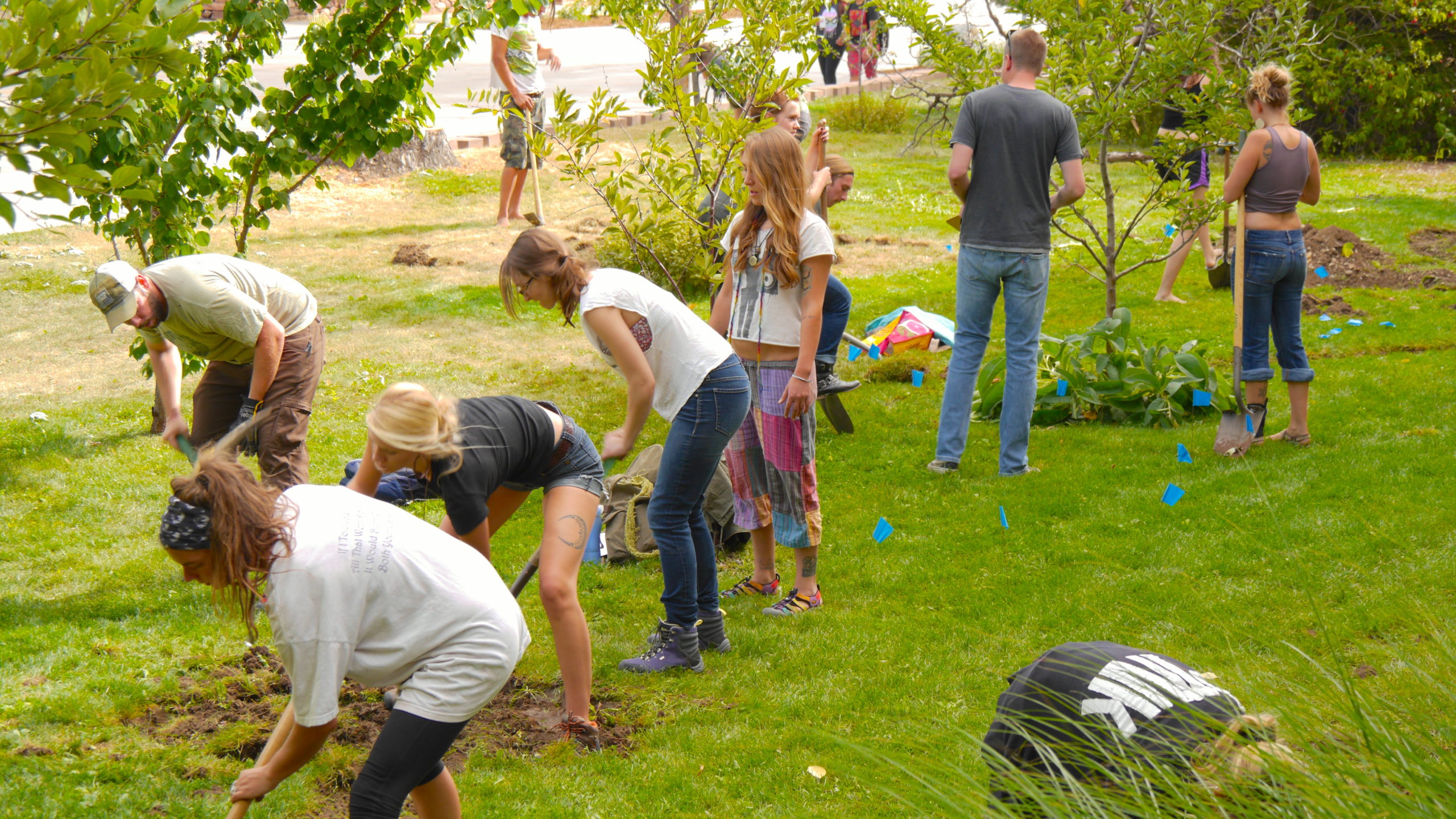Naropa environmental studies instructor Doug Dupler recently published an essay, “On the Future of Hope,” in the Journal of Sustainability Education. Read part of it below;
The Future of Hope
The poet Shelley, in the final stanza of his visionary work, Prometheus Unbound, wrote of hope and of actions to overcome defeat: “To suffer woes which hope thinks infinite…To hope, till hope creates from its own wreck the thing it contemplates.” Hope, in these lines, contains endurance and the transcendence of the failure of hope.
Perhaps we should be precautionary about hope, as it can be merely the idea of a future that has not yet occurred. Attaching a mental concept to the future can diminish or confuse the present moment and complicate the possibilities for both peace of mind and appropriate action, particularly if our hope is a rose-colored escape from the world. There’s a Buddhist adage that “hope and fear chase each other’s tails.” Jensen (2011) has been skeptical about hope, arguing that “hope is what keeps us chained to the system, the conglomerate of people and ideas and ideals that is causing the destruction of the Earth.” This author has reasoned that the “false hope that suddenly somehow the system may inexplicably change” is a form of avoidance, and that “when we realize the degree of agency we actually do have, we no longer have to ‘hope’ at all.”
On the other hand, some leaders speak of the necessity of hope as a form of energy to carry us into the future. Havel (1993) wrote that hope “gives us strength to live and to continually try new things, even in conditions that seem as hopeless as ours do, here and now.” Careful not to make hope a turning away from reality, he asserted that “hope is definitely not the same thing as optimism…but the certainty that something makes sense.” Havel also grounded hope in agency, stating that it is “an ability to work for something to succeed.”
Those of us who teach sustainability and who attempt to stay informed about environmental and social degradation are probably well aware of the mental dance of hoping and despairing over the state of the world. Likewise, those who begin to delve into pressing global issues can take a sudden step onto this emotional dance floor, grappling with denial, anger, fear, and despair. This information can overwhelm; think of students whose hopeful futures begin to look more fragile. How can we harness the energy of hope while acknowledging its limits? Is there a way of hoping that helps us to face an uncertain future with clarity and agency while avoiding escapism and ennui?
Doug Dupler is the editor of Conserving the Environment (Thomson Gale, 2006), and teaches Environmental Studies at Naropa University.





